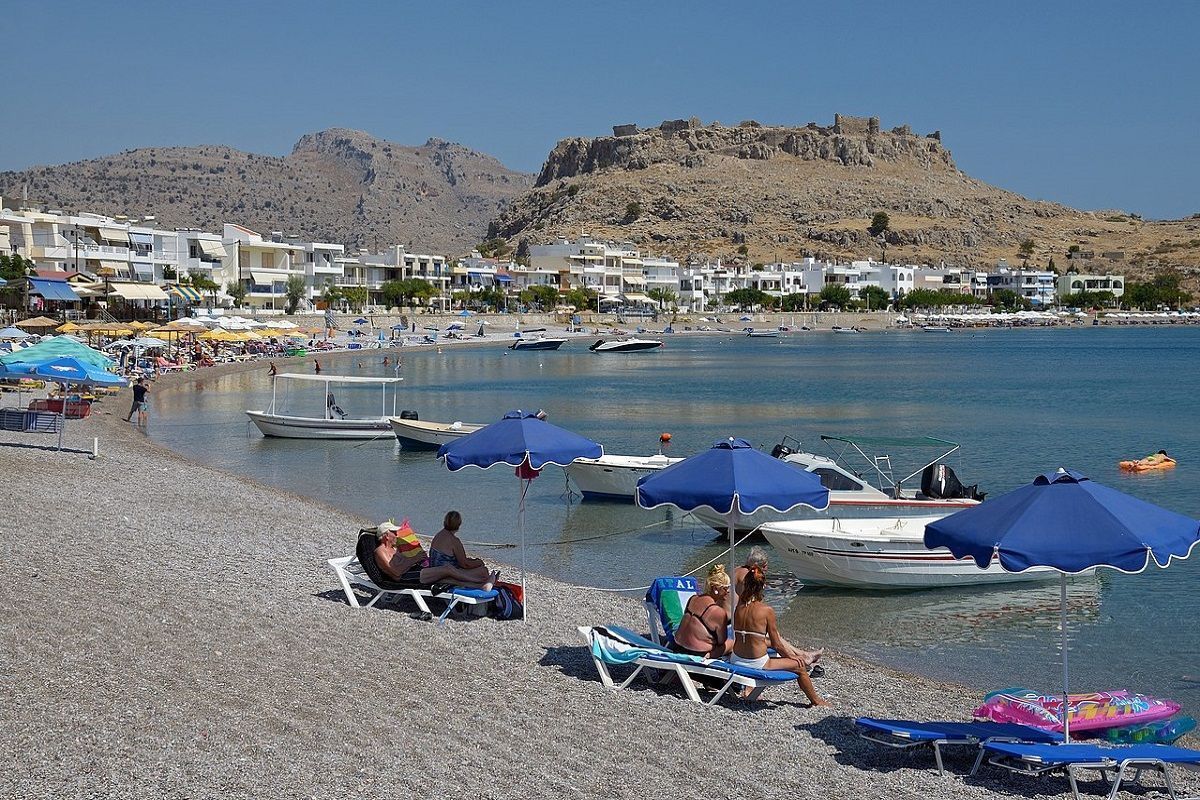
Global tourism is entering a transformative phase, with nearly one billion new travelers expected by 2040 – primarily from emerging, non-European markets.
According to the National Bank of Greece (NBG), this shift presents a “significant opportunity” for Greece, but also a challenge: to move beyond chasing “easy” arrival records and focus on building a more strategic, resilient tourism model.
In its latest “Business Trends” report, the NBG highlights that global tourism is projected to grow from 1.5 billion tourists in 2024 to 2.4 billion in 2040. This growth will be driven by rising global population – expected to reach 9 billion – and an expanding middle class, which will make up 60 percent of the world’s population, up from 45 percent today.
In 2024, Greece welcomed a record 36 million visitors (a 10 percent annual increase) and generated 21 billion euros in tourism receipts (up 4 percent), while reducing summer seasonality by 2 percentage points (from 52 percent in 2023 to 50 percent).
Looking ahead, the United Nations World Tourism Organization (UN Tourism) forecasts global tourism growth of 3 to 5 percent in 2025. Leading indicators suggest that Greece is well-positioned to outperform this trend, though geopolitical uncertainty – such as EU-US tensions and weak consumer confidence in key markets like Germany and the UK – adds a layer of risk.
NBG: Time to rethink the model

NBG analysts point out that Greece – in order to stay competitive – must look beyond short-term gains and align with deeper shifts in global demand.
Notably, non-European tourists – who tend to travel within their own continents – are expected to reshape the market. To maintain its share of both short- and long-haul travelers, Europe will need to attract 30 percent more European tourists and double the number of non-European visitors by 2040.
Greece’s current share of non-European visitors to Europe remains low, at just 2.5 percent over the past five years. However, reaching a 5 percent share in both European and non-European markets could add around 19 million more arrivals by 2040. According to the report, higher-value visitors are key: non-European tourists spend nearly 1.8 times more per night than European travelers – and 2.3 times more than road tourists – while showing less seasonality.
Investments in infrastructure are helping support this shift. Airports are expanding capacity to serve long-haul markets, while hotel upgrades are ongoing – 55 percent of beds are now in the 4-5 star category, up from 40 percent in 2011. Meanwhile, competitors like Albania are drawing budget-conscious visitors, signaling the need for Greece to double down on quality.

Photo source: This is Athens-Convention & Visitors Bureau
According to NBG’s report, by targeting higher-spending, less seasonal travelers, Greece can increase average per-night spending by 15 percent in real terms and boost annual tourism revenue to 34 billion euros by 2040.
To realize this potential, Greece must refocus its national strategy on better flow management, investment in alternative destinations, and integrated infrastructure upgrades – from airports to energy and waste systems.
Moreover, NBG’s analysts point out that local authorities will play a key role in ensuring that the next era of Greek tourism is not only bigger, but smarter.
Follow GTP Headlines on Google News to keep up to date with all the latest on tourism and travel in Greece.
Source link



